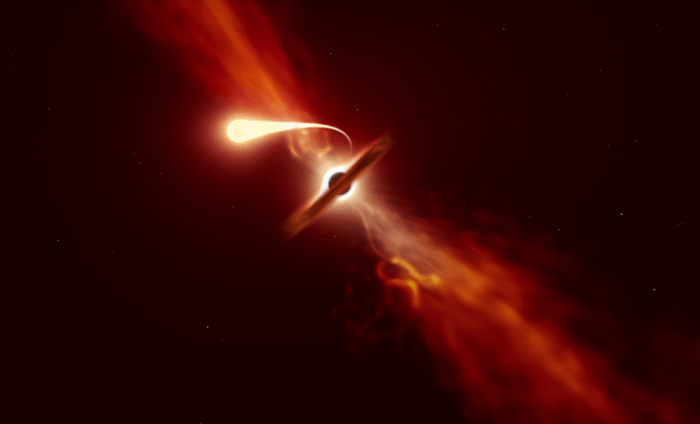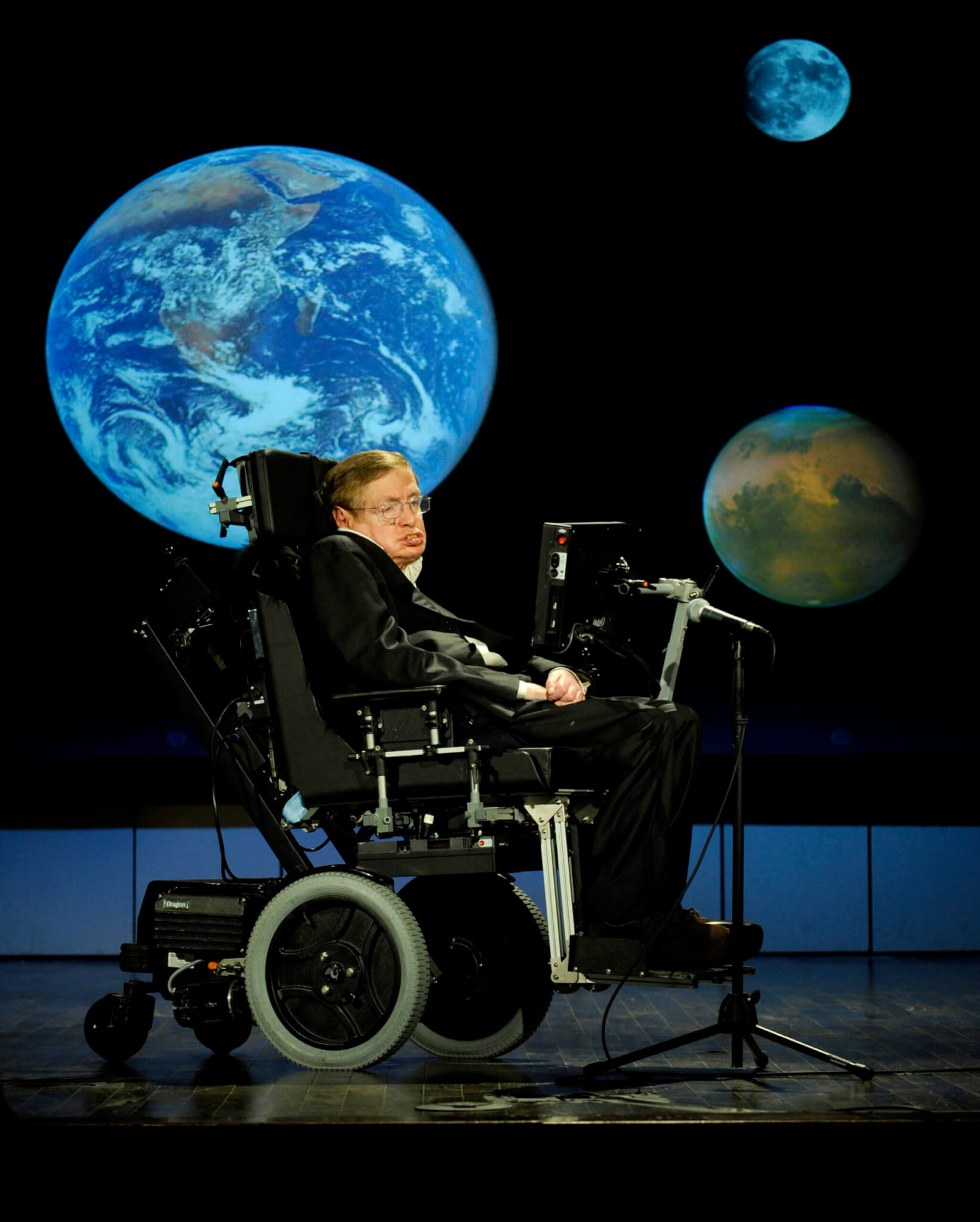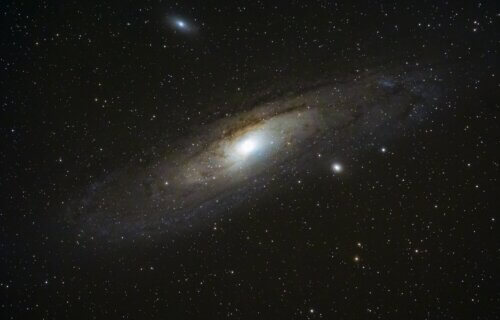NIJMEGEN, Netherlands — The late theoretical physicist, Stephen Hawking, is still showing his brilliance years after his death. Scientists have now confirmed one of Hawking’s more unnerving theories — stating that everything in the universe will eventually evaporate.
Scientists from Radboud University confirmed Stephen Hawking’s theory on black holes and their evaporation. Due to Hawking radiation, named for the famous scientist, black holes will eventually evaporate, but the event horizon is not as crucial to this as previously believed. The new study reveals that particles can be created and radiation can occur far beyond the event horizon. This means that not only black holes but also other large objects in the universe, like remnants of dead stars, will eventually cease to exist.
Combining quantum physics and Einstein’s theory of gravity, Hawking proposed that pairs of particles are spontaneously created near the event horizon of black holes, with one particle escaping while the other falls into the black hole. This process, which produces Hawking radiation, leads to the gradual evaporation of black holes over time.

The researchers at revisited this phenomenon and explored the significance of the event horizon. Their interdisciplinary approach involving physics, astronomy, and mathematics investigated the creation of particle pairs in the vicinity of black holes. Surprisingly, they found that new particles can be created even beyond this specific point in space, challenging the previous understanding.
“We demonstrate that, in addition to the well-known Hawking radiation, there is also a new form of radiation,” says researcher Michael Wondrak in a media release.
“We show that far beyond a black hole the curvature of spacetime plays a big role in creating radiation. The particles are already separated there by the tidal forces of the gravitational field,” adds researcher Walter van Suijlekom.
“That means that objects without an event horizon, such as the remnants of dead stars and other large objects in the universe, also have this sort of radiation. And, after a very long period, that would lead to everything in the universe eventually evaporating, just like black holes. This changes not only our understanding of Hawking radiation but also our view of the universe and its future,” concludes Heino Falcke.
Who was Prof. Stephen Hawking?
Stephen Hawking was an English theoretical physicist, cosmologist, and author from Oxford in the United Kingdom. He is widely considered one of the greatest scientists of the 20th century.
Hawking was diagnosed with a rare, early-onset, slow-progressing form of motor neuron disease (also known as ALS or Lou Gehrig’s disease) that gradually paralyzed him over the decades. Despite his physical limitations, he continued to work and make significant contributions to the field of theoretical physics.

Hawking’s key scientific works revolved around the physics of black holes and the properties of the universe. He proposed that black holes are not completely black but emit small amounts of thermal energy — Hawking radiation.
In 1988, Hawking achieved international recognition with the publication of “A Brief History of Time.” The book aimed to present his theories about the universe so the general public could understand them. The book became a bestseller, making him a household name.
Hawking was a professor of mathematics at the University of Cambridge for three decades, until his retirement in 2009. He continued to work as a research director at the university until his death. Stephen Hawking passed away in March of 2018, but his influence continues to resonate in the fields of cosmology, general relativity, and quantum gravity, particularly among those studying black hole physics.
The study is published in the journal Physical Review.


So what’re we supposed to do about it?
That will NEVER HAPPEN the earth and every thing that God Almighty Created is here to stay he as also promise man that they too can live for ever no more death All those that worship Him. Read the Bible at Revelation :21-3-4-5 and find out this beautiful promise